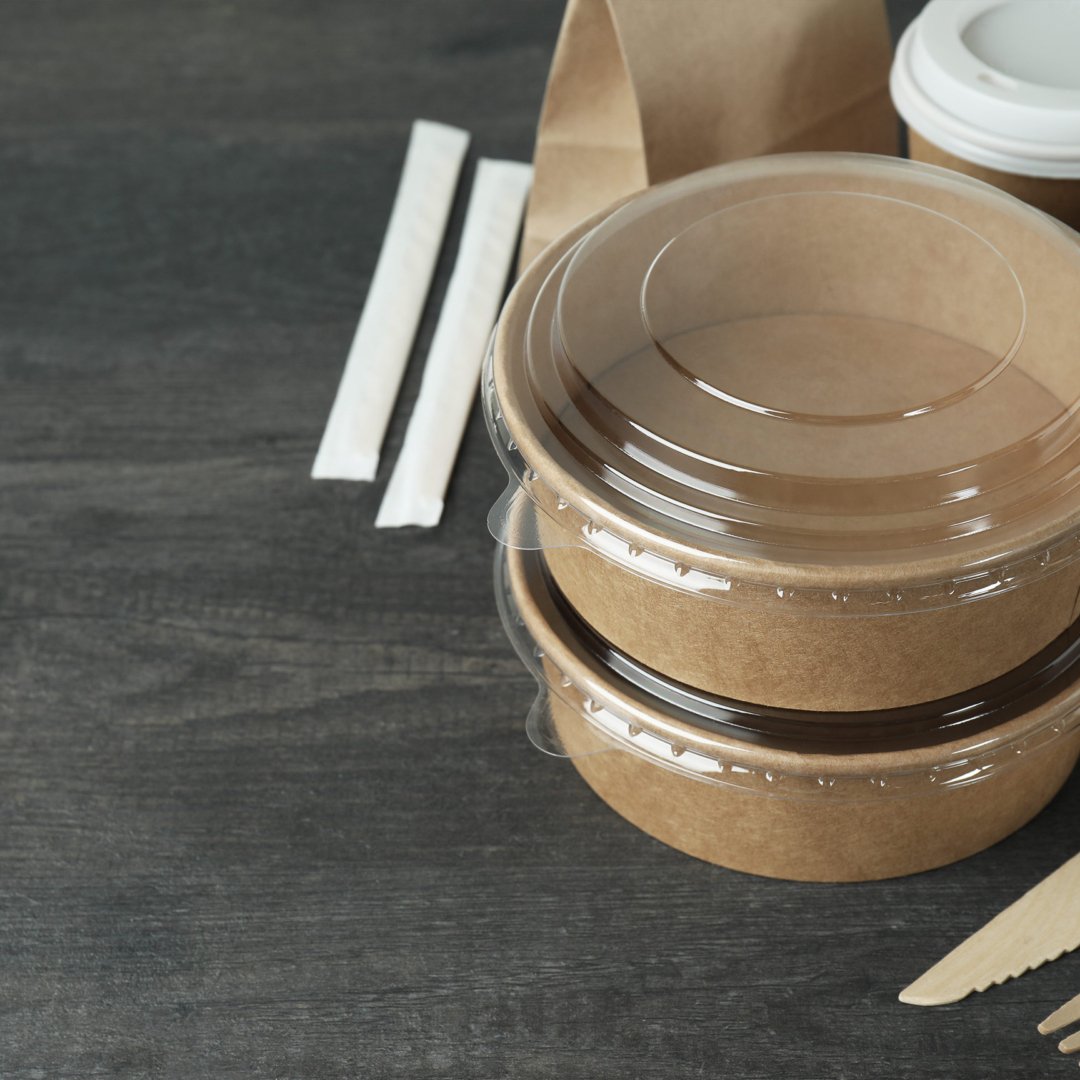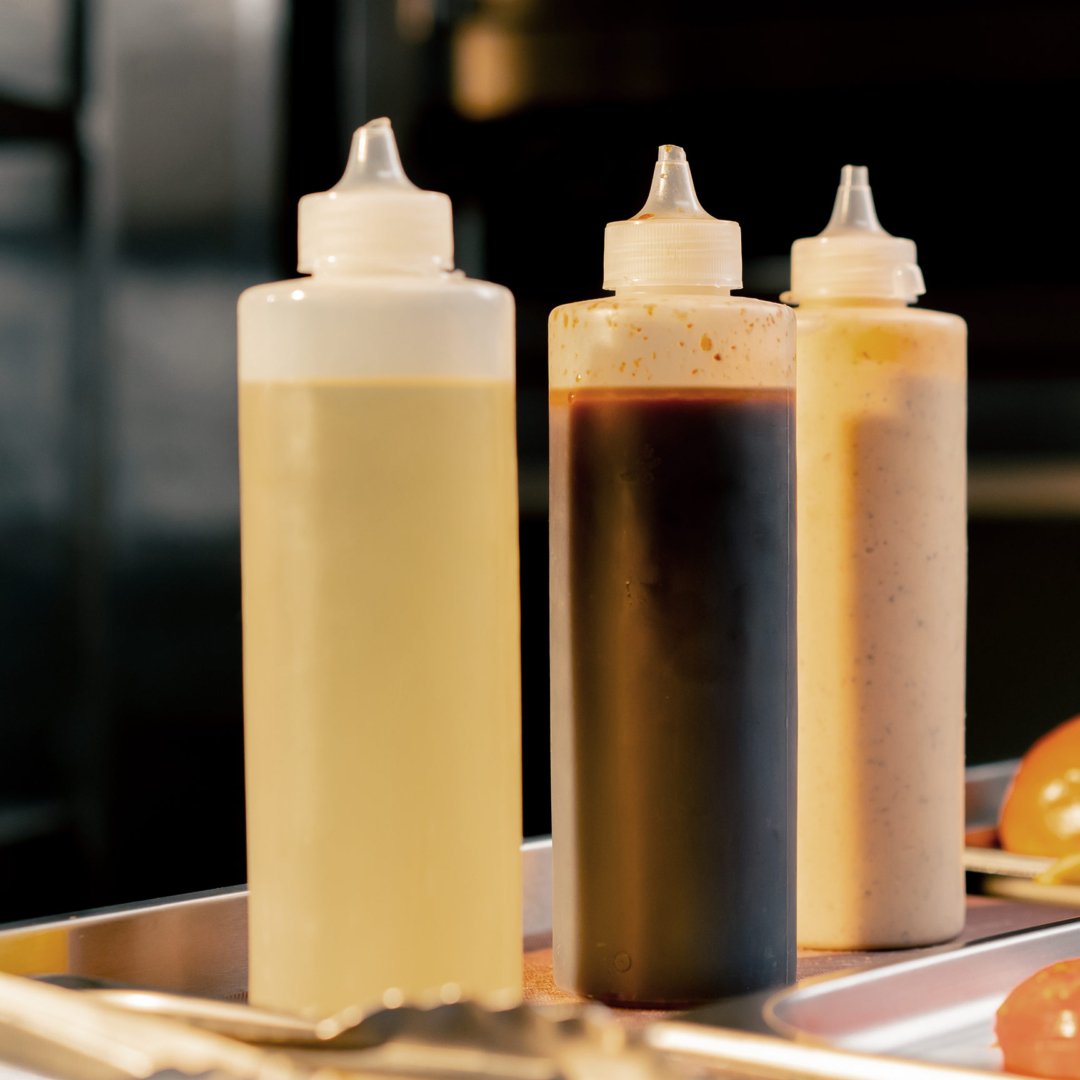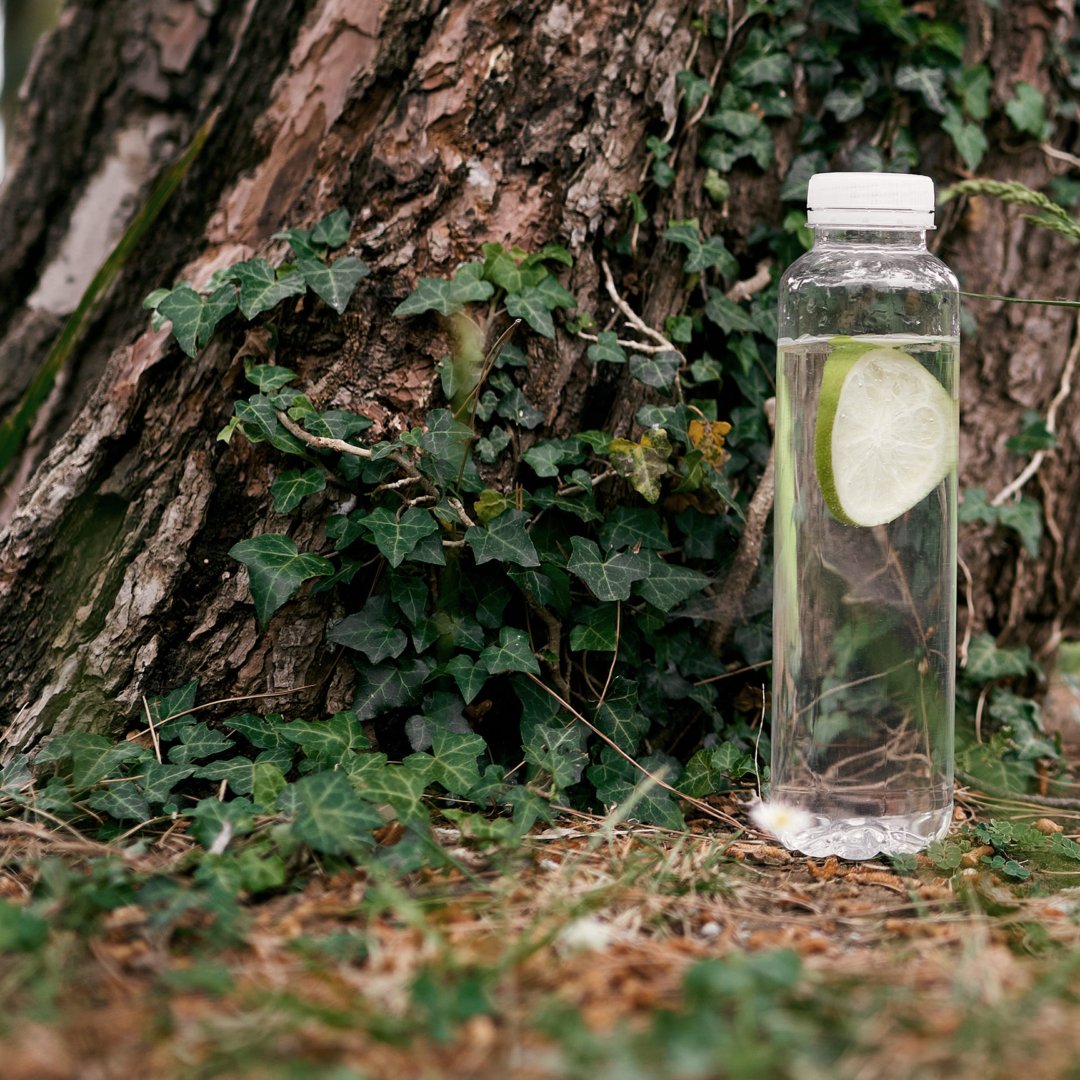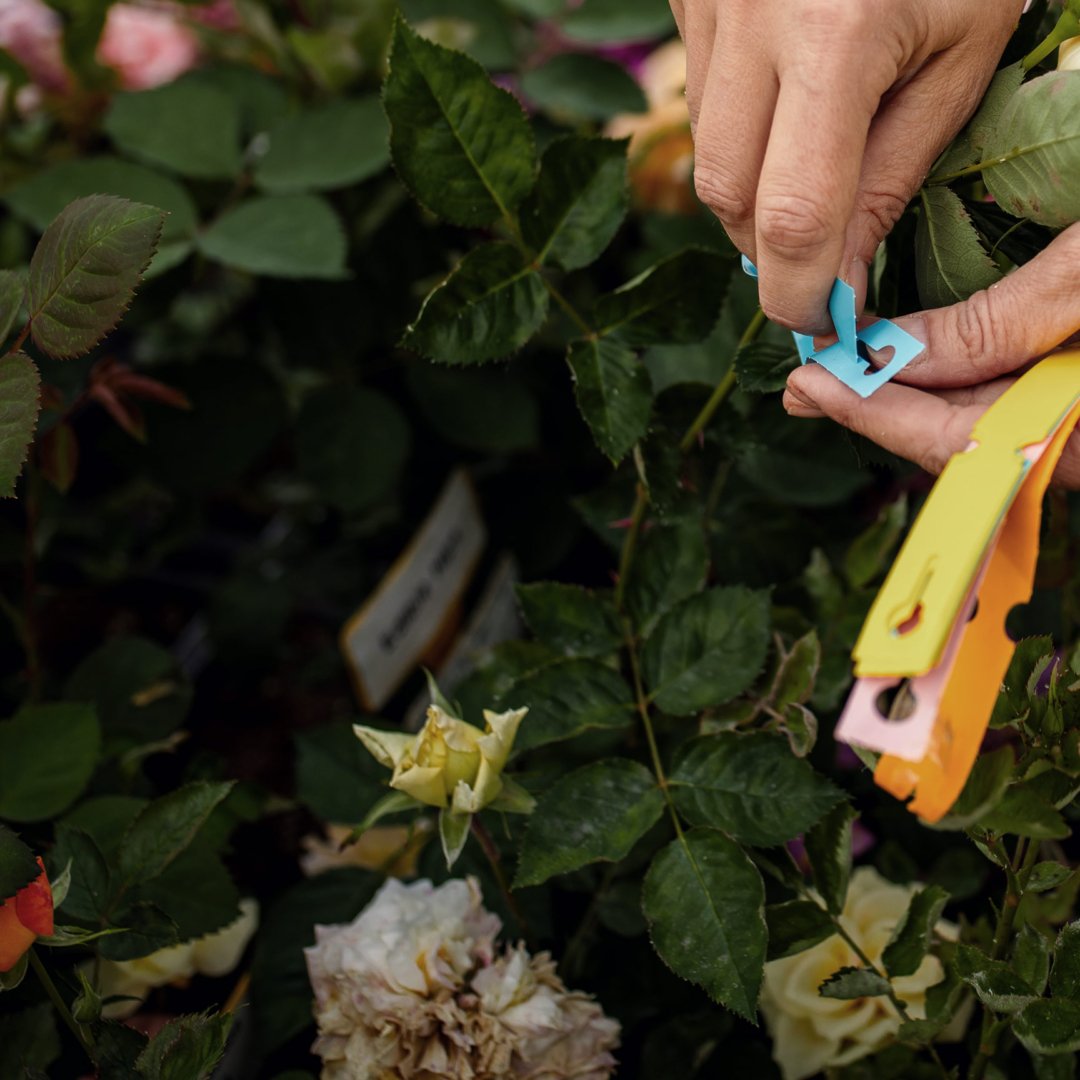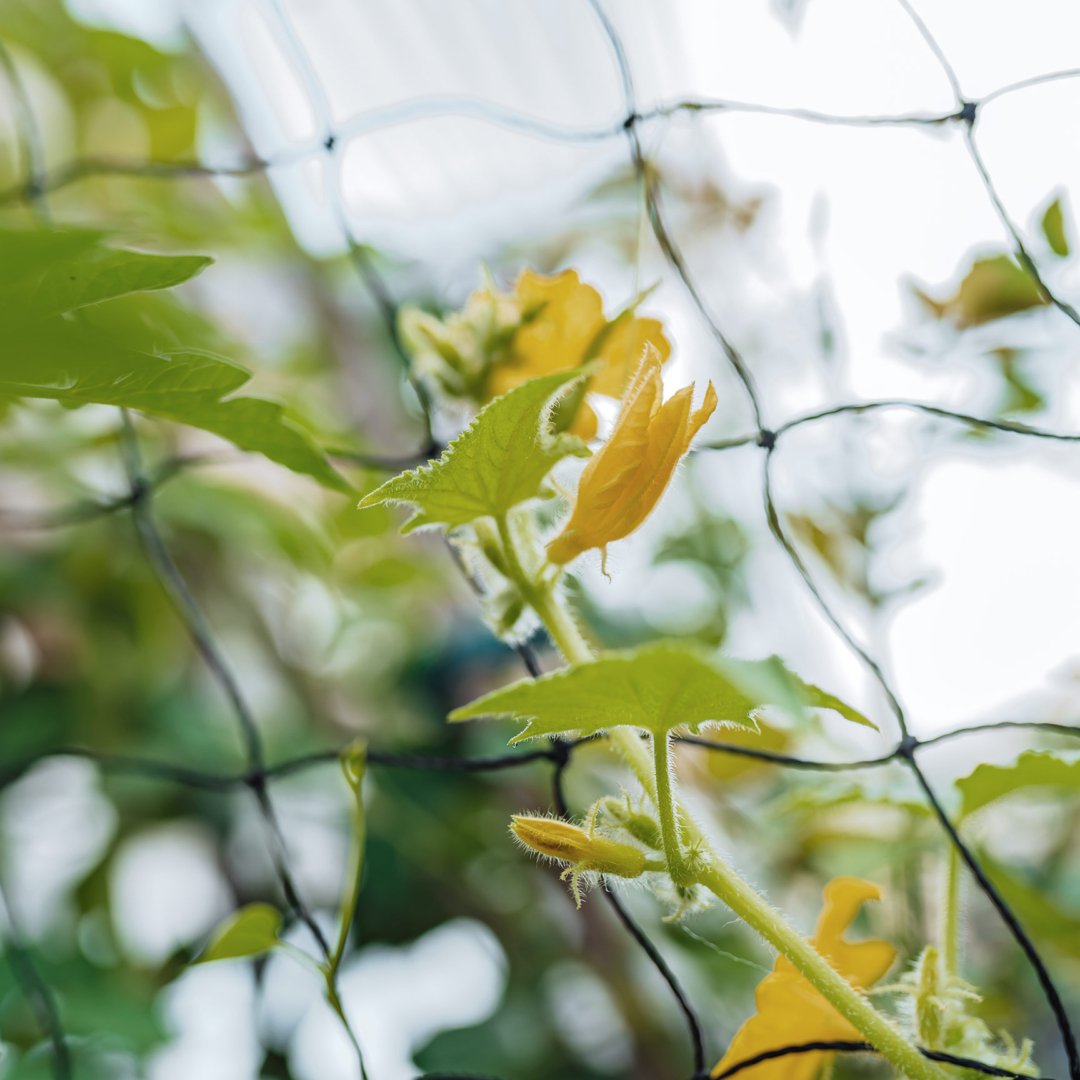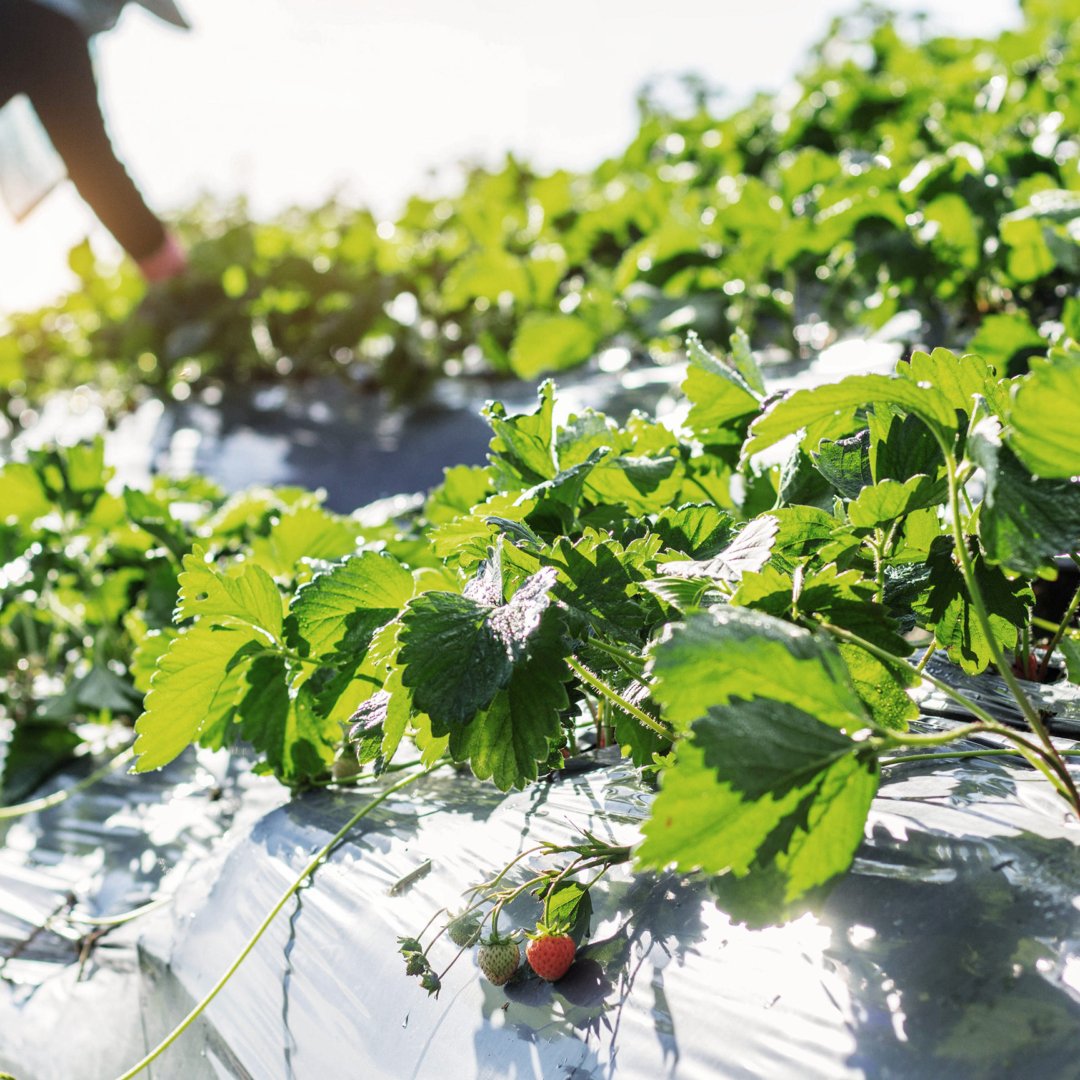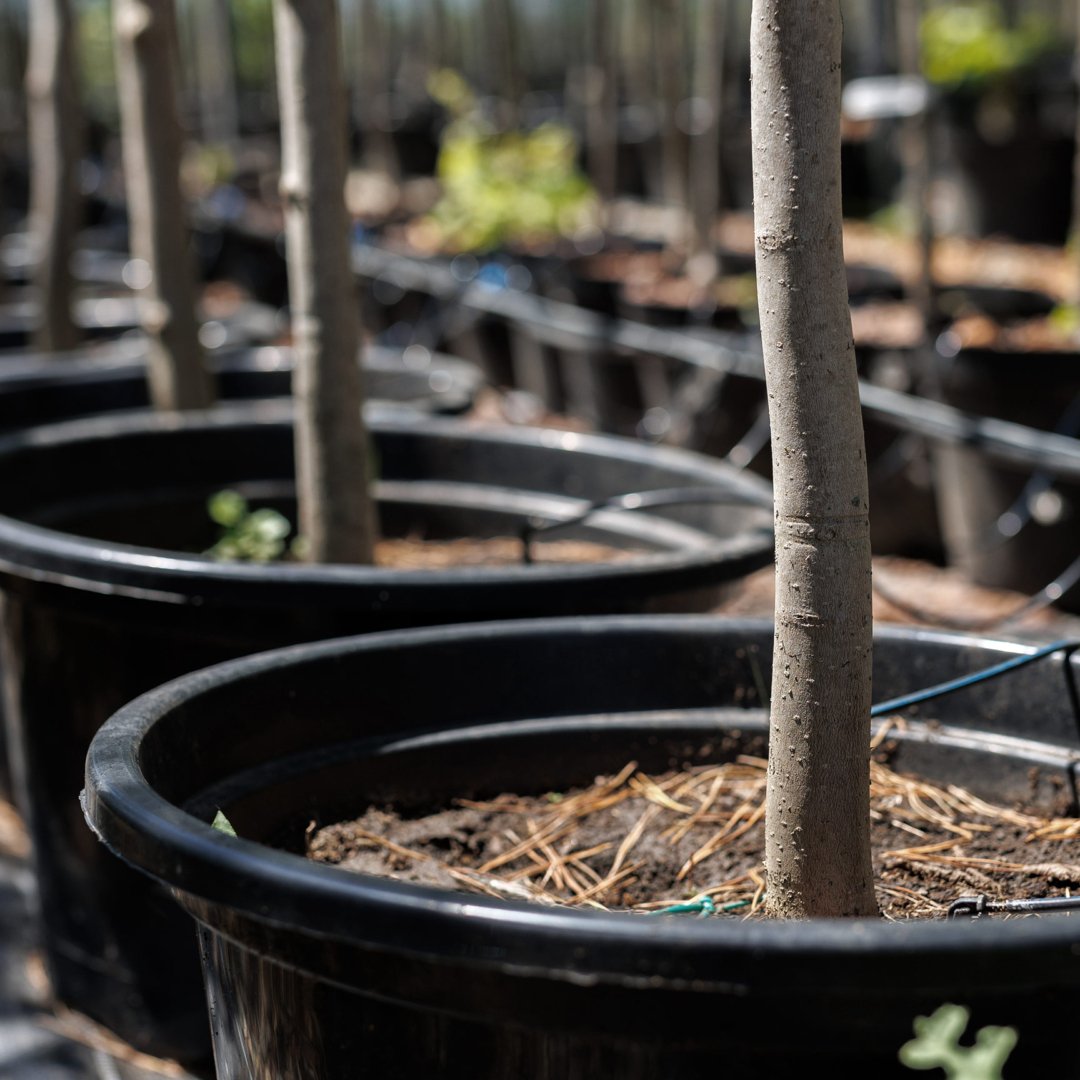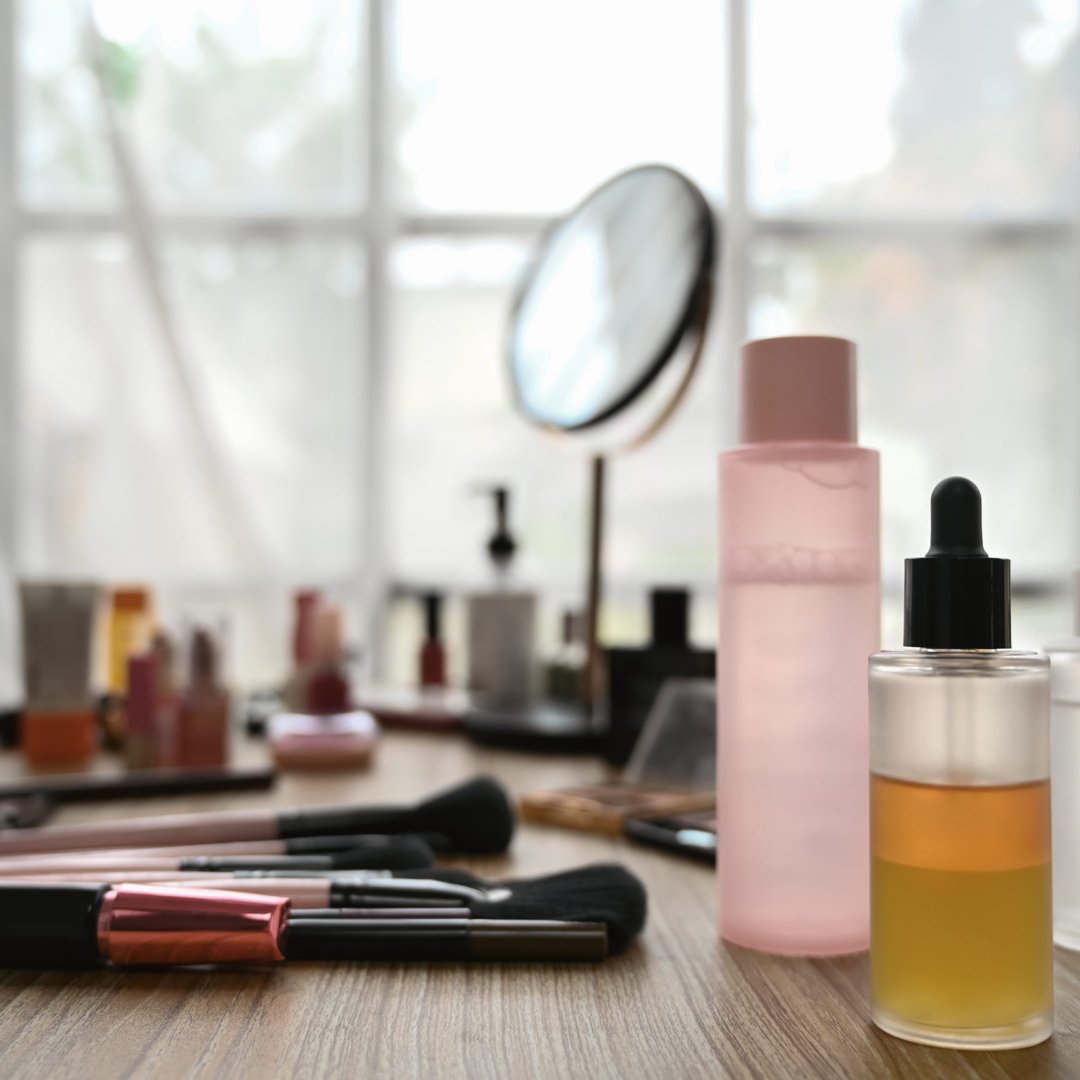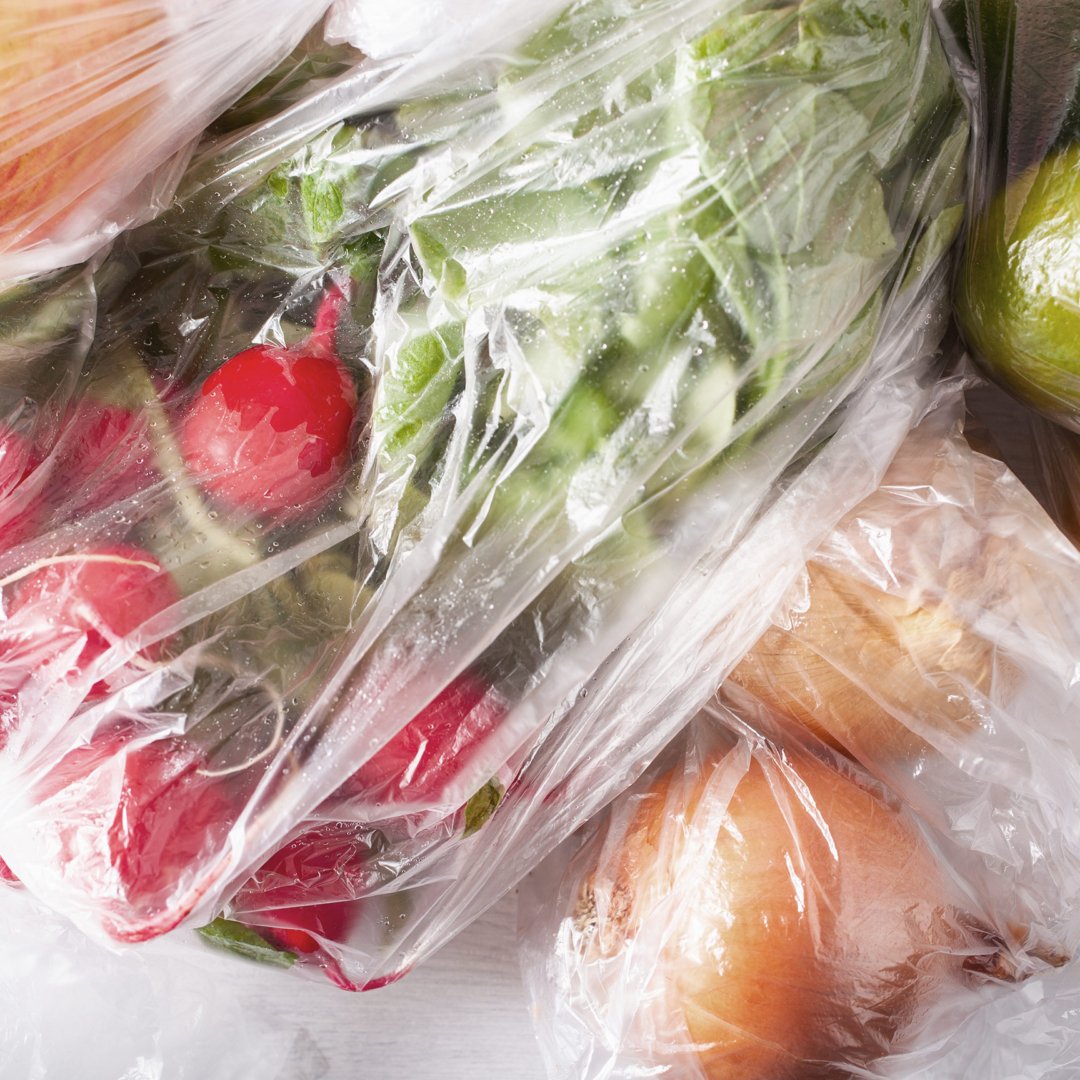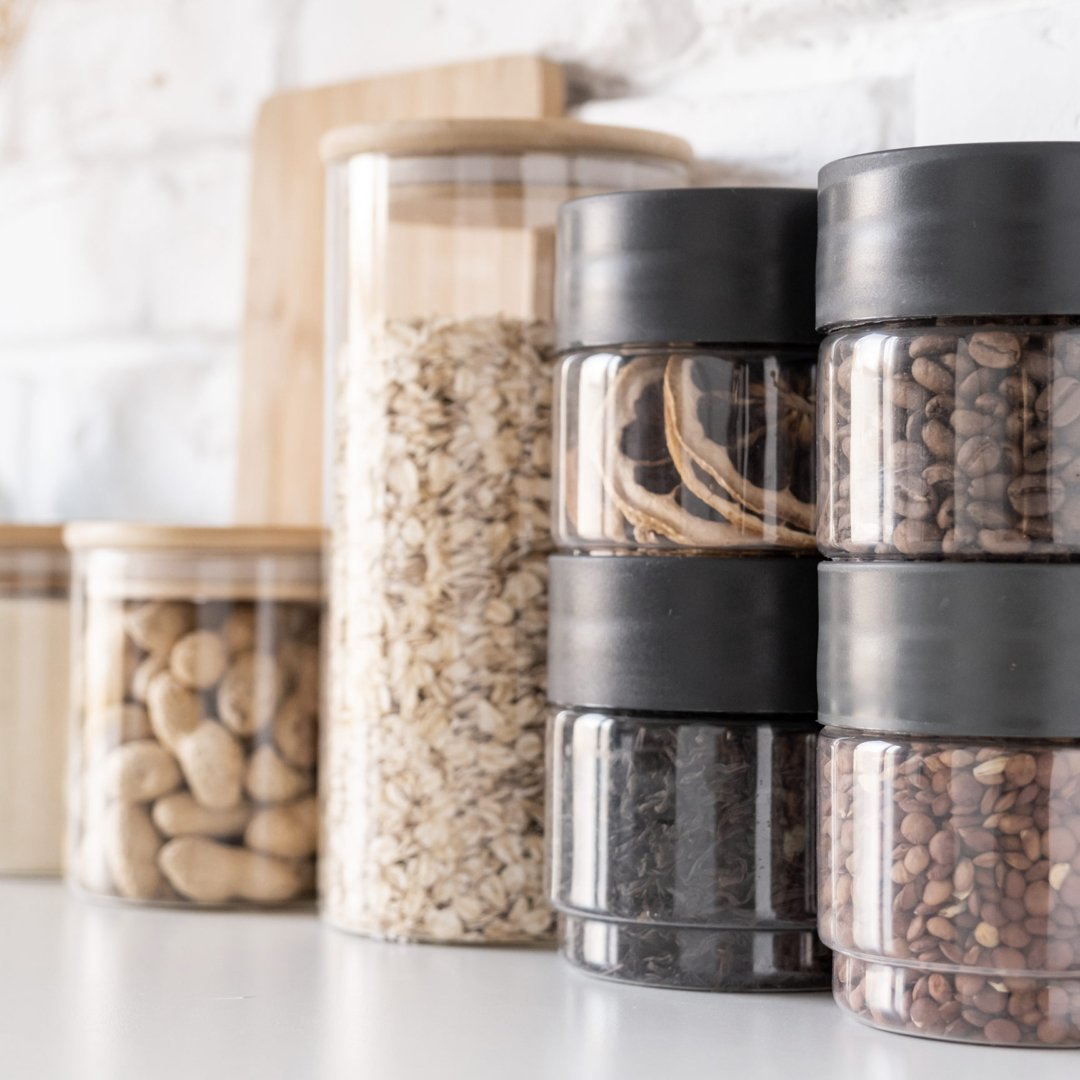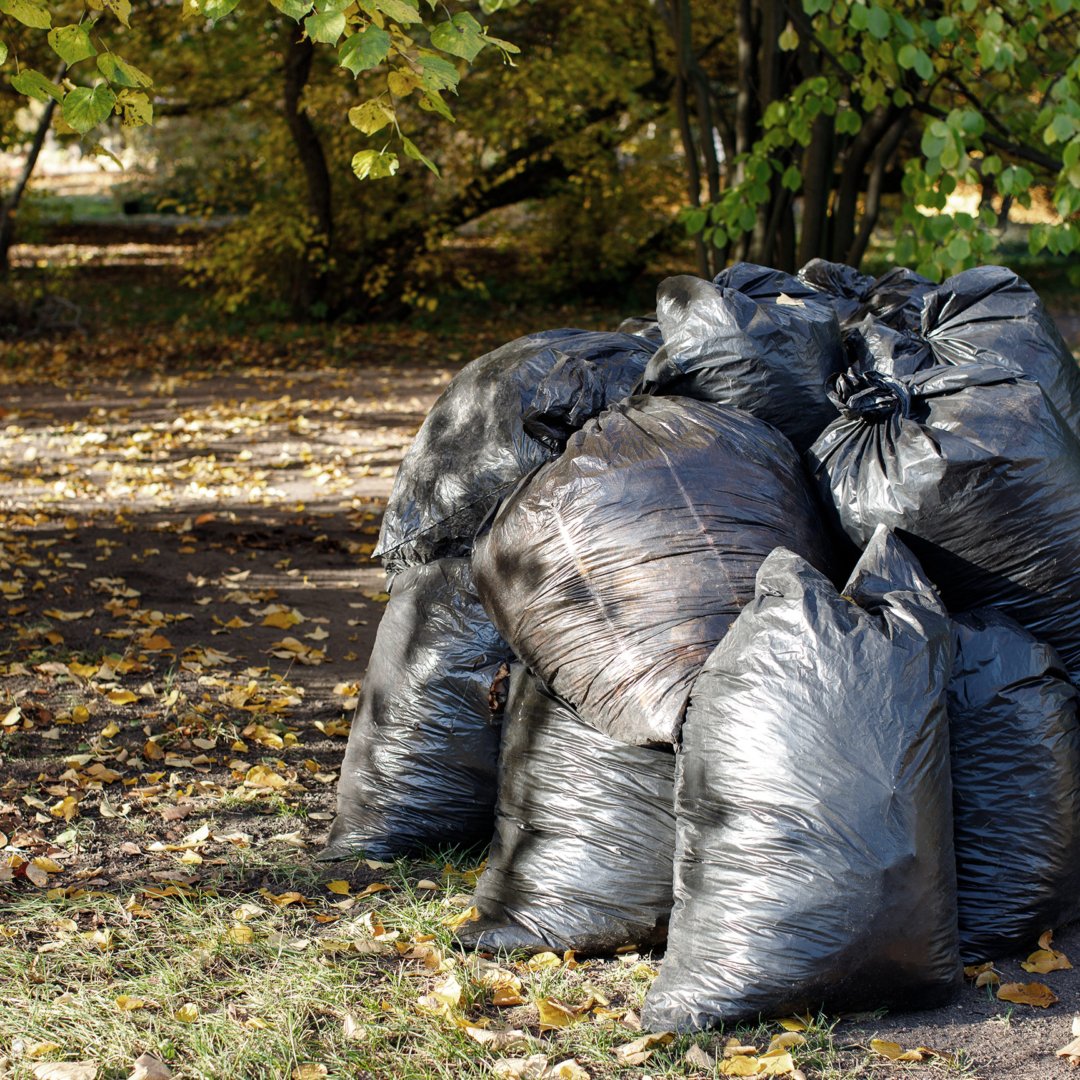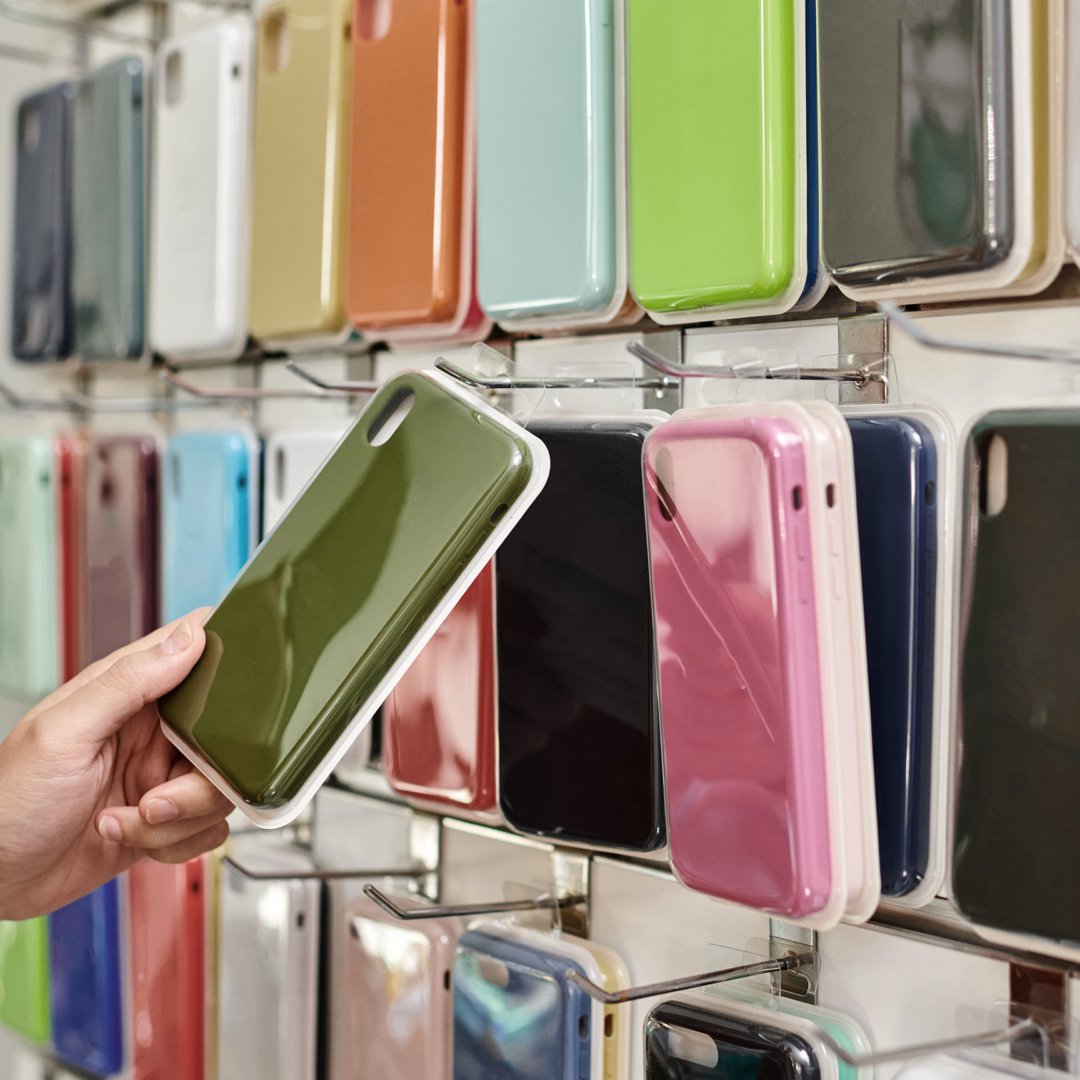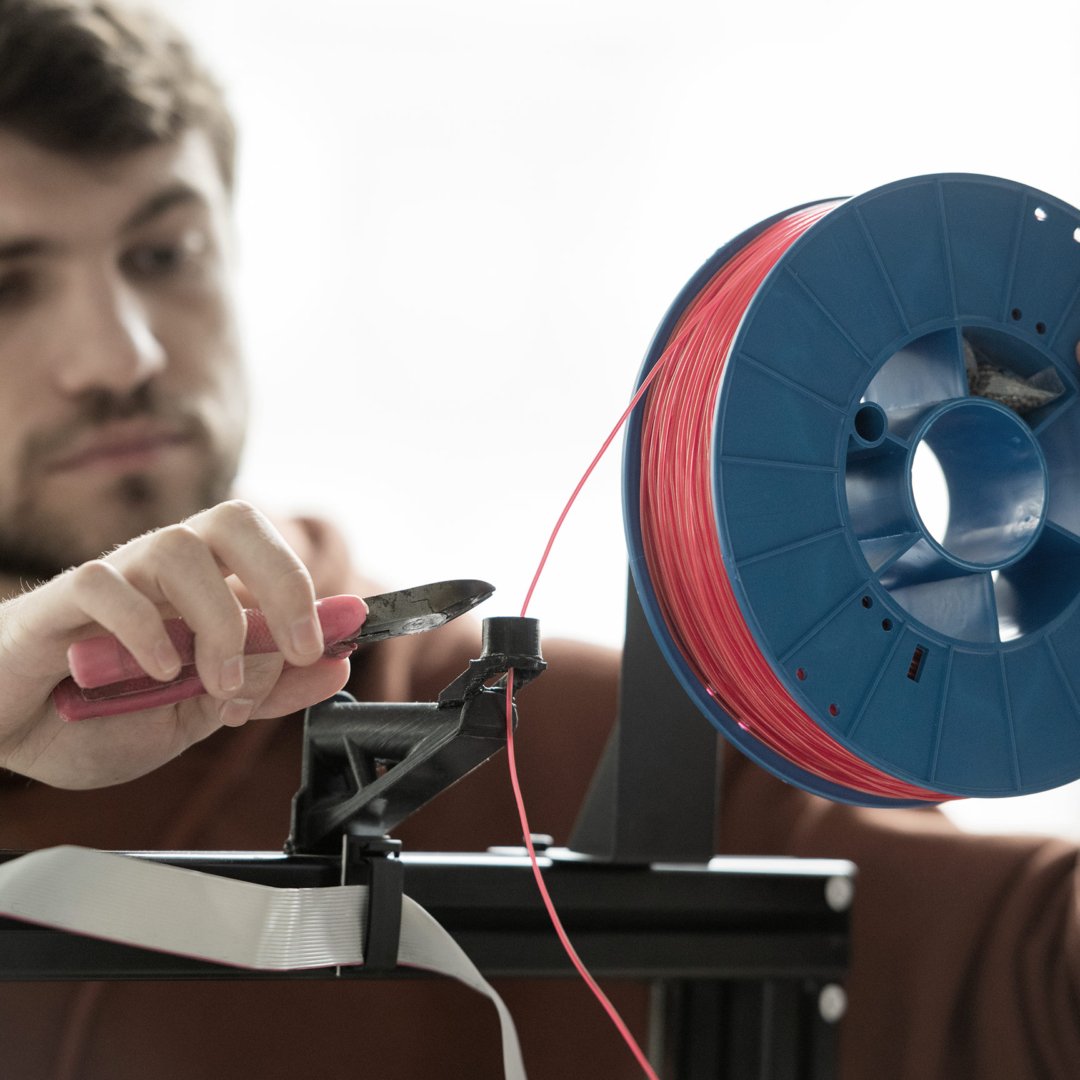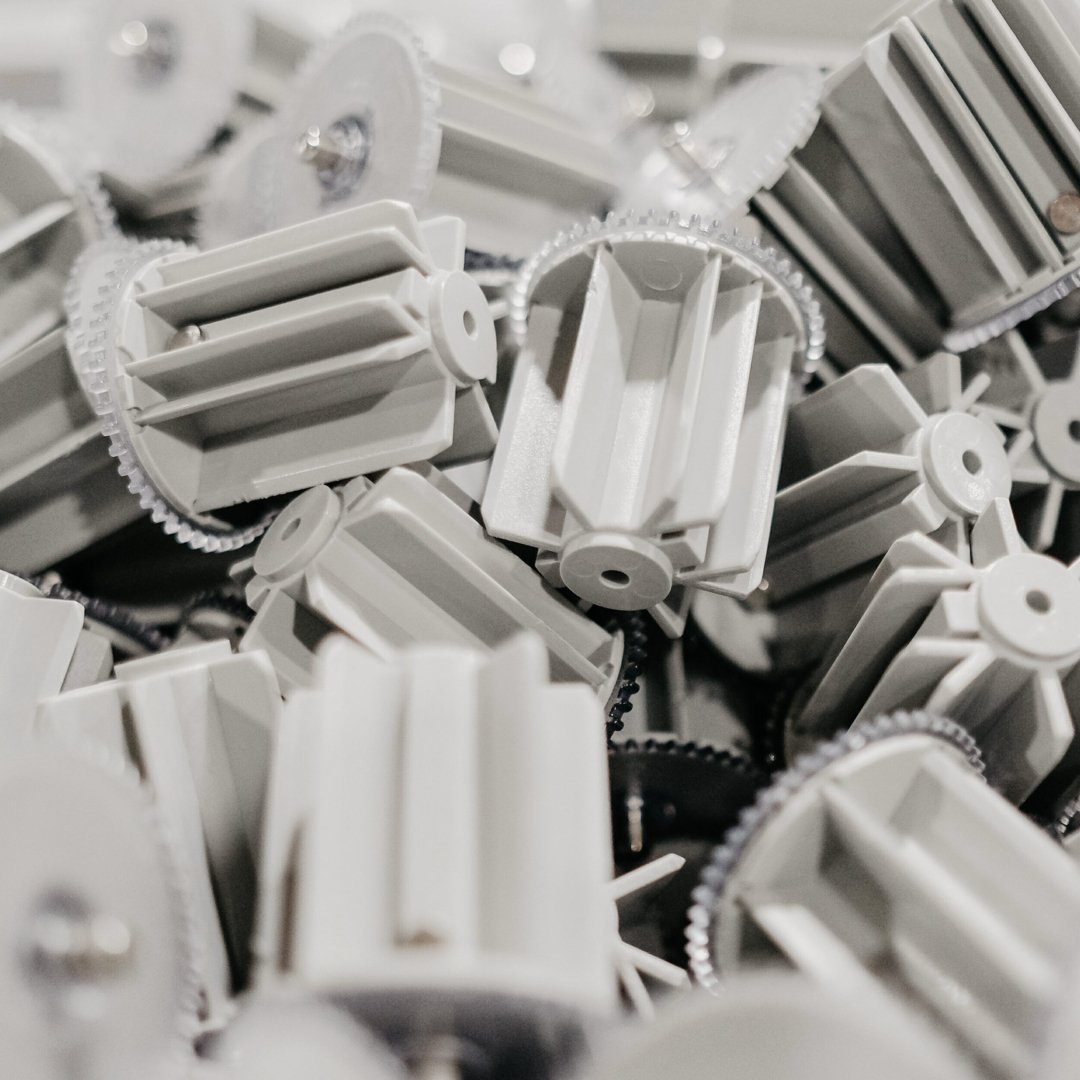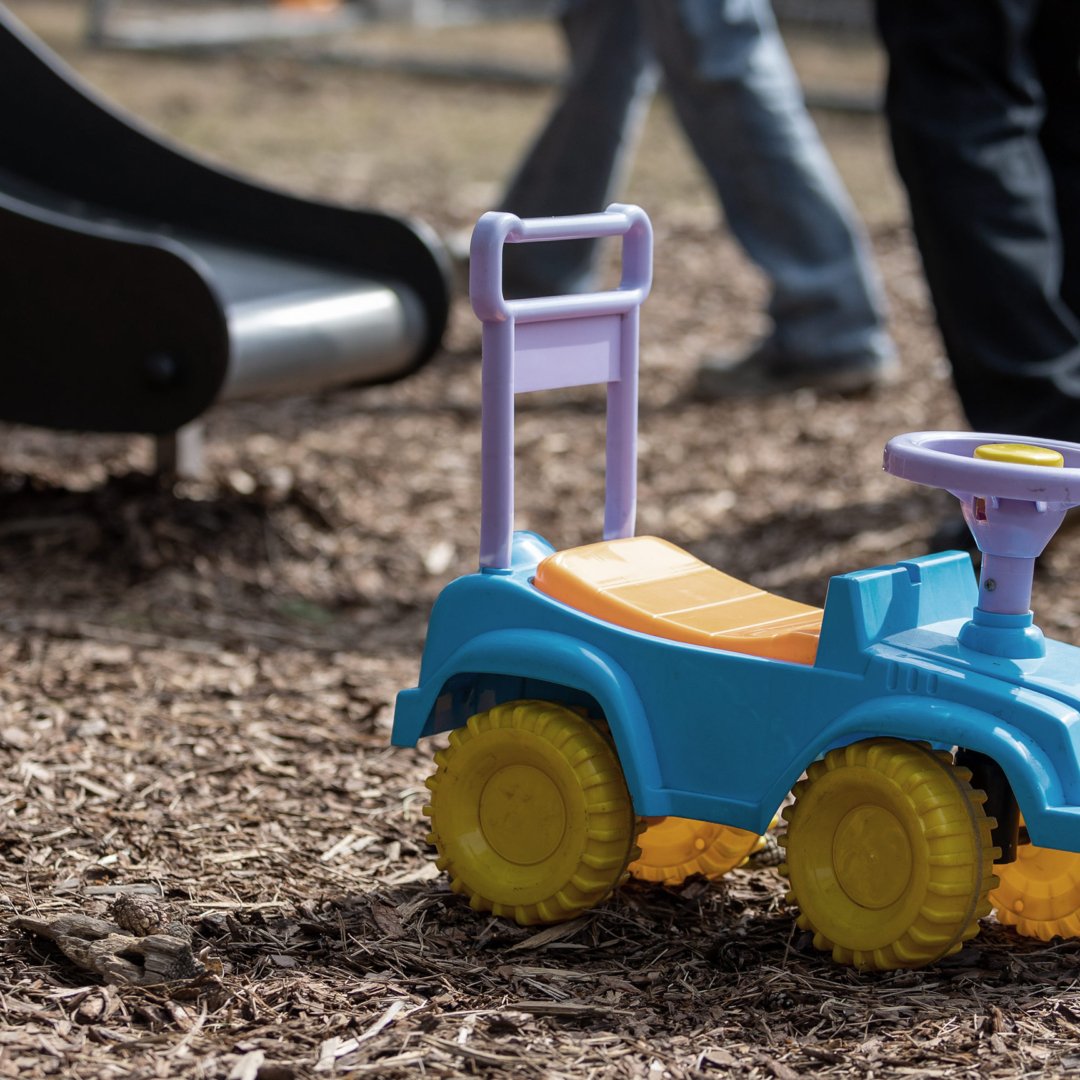Reusable cups from renewable materials save resources, conserve energy, and reduce waste for a more sustainable future.
Cups
The production of single-use cups heavily relies on fossil-based plastics and composite materials, which necessitate the extraction of non-renewable resources. Transitioning to innovative alternatives, such as bio-based plastics or biodegradable materials, offers a promising solution. These sustainable raw materials reduce dependency on finite resources and minimize environmental impacts throughout their lifecycle, from production to disposal. Adopting such materials can pave the way for eco-friendly cups without compromising functionality, ultimately helping to mitigate the ecological footprint of our on-the-go lifestyles.
Non-recyclability of disposable cups due to plastic coatings and material composition leading to long-term environmental pollution and waste accumulation.
Many single-use cups contain plastic coatings or polypropylene (PP), making recycling difficult. As a result, most end up in landfills or as litter, with only a small fraction properly managed. Addressing this issue requires material innovation and improved waste management solutions.
Material
Terralene LD 2509 CL, Terralene PP 3509 and Terralene® HD 3505

